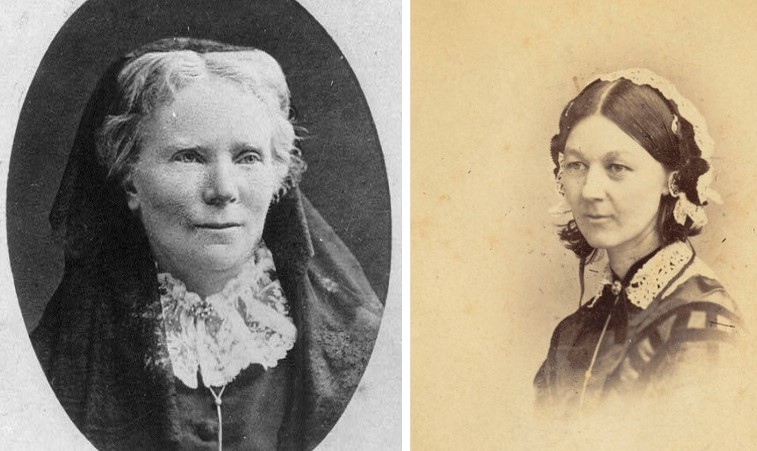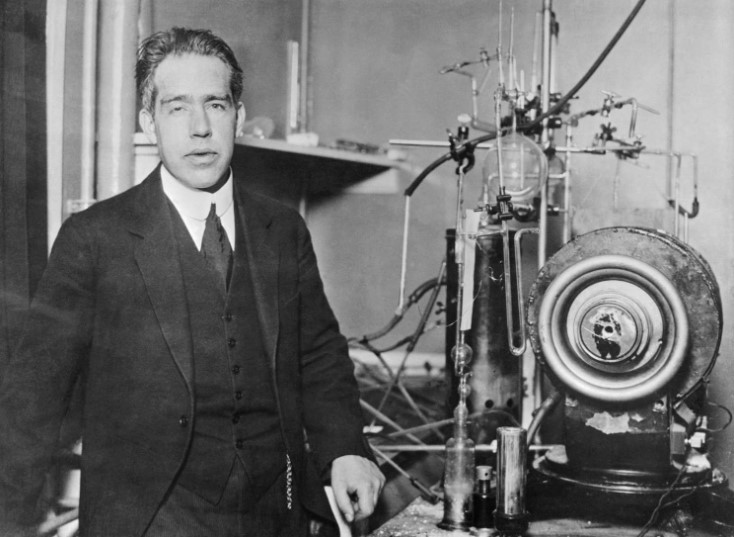
Elizabeth Blackwell: Pioneering Woman in Medicine
Introduction
Elizabeth Blackwell was a trailblazing figure in the history of medicine, renowned for being the first woman to earn a medical degree in the United States. Her contributions to the medical field were not only groundbreaking but also paved the way for future generations of women physicians. Elizabeth’s story is one of determination, resilience, and an unwavering commitment to improving healthcare for all, particularly women and children.
Early Life and Background
Elizabeth Blackwell was born on February 3, 1821, in Bristol, England, into a progressive and supportive family. Her parents, Samuel and Hannah Blackwell, were advocates for social reform and provided a nurturing environment that encouraged intellectual curiosity and moral responsibility. Elizabeth was one of nine children, and her upbringing was marked by a strong emphasis on education and the importance of contributing to society.
The Decision to Pursue Medicine
Elizabeth’s journey into medicine began with a combination of personal experience and external inspiration. When a close family friend fell ill and expressed a preference for female doctors, Elizabeth began considering a career in medicine. This was a radical idea at the time, as the medical profession was dominated by men, and women were generally excluded from formal medical training. Undeterred by the societal norms of her day, Elizabeth decided to pursue her dream, despite the considerable obstacles she knew she would face.
Education and Medical School
In 1847, Elizabeth Blackwell applied to several medical schools, facing repeated rejections. Her application was eventually accepted by Geneva Medical College in New York, largely as a result of a prank—students and faculty believed admitting a woman would be a joke. However, Elizabeth’s determination and academic excellence soon turned the tables. She faced hostility and isolation from her peers, yet she persevered, graduating in 1849 as the first woman to receive a medical degree in the United States.
Graduation and Early Career
Upon graduation, Elizabeth faced significant challenges in establishing her medical career. Many hospitals and clinics were unwilling to hire a female doctor. Nonetheless, she persisted, working in various roles that allowed her to gain practical experience and develop her skills. Her first major professional appointment was at the Blockley Almshouse in Philadelphia, where she gained valuable clinical experience and further solidified her commitment to improving public health.
Establishing a Medical Practice
Determined to create opportunities for herself and other women in medicine, Elizabeth founded her own medical practice in New York City in 1851. Despite the challenges of attracting patients and overcoming societal skepticism, her practice slowly gained respect and recognition. Her perseverance and dedication to patient care began to change public perceptions about women in medicine.
The New York Infirmary for Women and Children
In 1857, Elizabeth Blackwell, along with her sister Emily (also a physician) and Dr. Marie Zakrzewska, established the New York Infirmary for Women and Children. This institution was groundbreaking, offering both medical care to the underserved and a training facility for women doctors and nurses. The infirmary played a crucial role in providing healthcare to women and children, as well as in mentoring and training the next generation of female medical professionals.
Further Contributions and Advocacy
During the American Civil War, Elizabeth Blackwell made significant contributions to the Union war effort. She organized the Women’s Central Association of Relief, which trained nurses for service in military hospitals. Her work during this period highlighted her commitment to public health and her organizational skills, further establishing her as a leader in the medical field.
Influence on Women in Medicine
Elizabeth Blackwell’s influence extended far beyond her own practice. She was a mentor to many aspiring women physicians, offering guidance and support that helped them navigate the challenges of a male-dominated profession. Her efforts laid the groundwork for the establishment of women’s medical colleges and contributed to the broader acceptance of women in the medical profession.
International Efforts
Elizabeth’s impact was not limited to the United States. In the late 1860s, she returned to the United Kingdom, where she continued to advocate for women’s medical education. She helped to establish the London School of Medicine for Women, providing a crucial platform for British women to pursue medical careers. Her international efforts reinforced her status as a global pioneer for women in medicine.
Later Life and Legacy
In her later years, Elizabeth Blackwell continued to be active in medical and social reform. She wrote extensively, sharing her insights and advocating for public health improvements. Her autobiography and other writings remain influential, reflecting her lifelong commitment to healthcare and education. Elizabeth passed away on May 31, 1910, leaving behind a legacy of courage, perseverance, and profound impact on the medical profession.
Personal Life
Elizabeth Blackwell never married, dedicating her life to her career and advocacy work. She had close relationships with her family, particularly her sisters, who were also involved in social reform and education. Her personal beliefs were deeply rooted in the values of equality, justice, and service to others, which were evident in her professional endeavors and personal conduct.
Challenges and Criticisms
Throughout her career, Elizabeth Blackwell faced significant societal opposition and personal challenges. She encountered sexism, isolation, and professional barriers that would have deterred many. Despite these obstacles, she maintained her resolve and continued to push for progress. Some contemporaries criticized her for being too radical or uncompromising, but her steadfastness was essential in achieving her goals.
Elizabeth Blackwell’s Publications
Elizabeth Blackwell was also an accomplished author. Her notable works include “Pioneer Work in Opening the Medical Profession to Women” and “The Human Element in Sex.” These publications provided valuable insights into her experiences and perspectives on medical education and women’s roles in society. Her writings continue to inspire and educate readers about the struggles and triumphs of pioneering women in medicine.
Conclusion
Elizabeth Blackwell’s legacy is one of extraordinary achievement and enduring impact. As the first woman to earn a medical degree in the United States, she broke through countless barriers and paved the way for future generations of women in medicine. Her contributions to public health, medical education, and social reform have left an indelible mark on the world, making her a true pioneer whose influence is still felt today.
FAQs
What motivated Elizabeth Blackwell to become a doctor? Elizabeth Blackwell was motivated by a combination of personal experience and a desire to overcome societal norms that excluded women from the medical profession. The illness of a family friend and the expressed need for female physicians inspired her to pursue a medical career.
What were the major obstacles she faced? Elizabeth Blackwell faced numerous obstacles, including gender-based discrimination, rejection from multiple medical schools, and professional isolation. Despite these challenges, she persevered and became the first woman to earn a medical degree in the U.S.
How did Elizabeth Blackwell contribute to the Civil War effort? During the Civil War, Elizabeth Blackwell organized the Women’s Central Association of Relief, which trained nurses for military hospitals. Her efforts significantly improved the medical care available to soldiers and highlighted the importance of trained medical personnel.
What is the significance of the New York Infirmary for Women and Children? The New York Infirmary for Women and Children, founded by Elizabeth Blackwell, was significant because it provided medical care to underserved populations and served as a training facility for women doctors and nurses. It played a crucial role in advancing women’s roles in medicine.
How is Elizabeth Blackwell remembered today? Elizabeth Blackwell is remembered as a pioneering figure in medicine, a champion for women’s rights, and a trailblazer who paved the way for future generations of women physicians. Her legacy continues to inspire and influence the medical profession and women’s contributions to healthcare.


